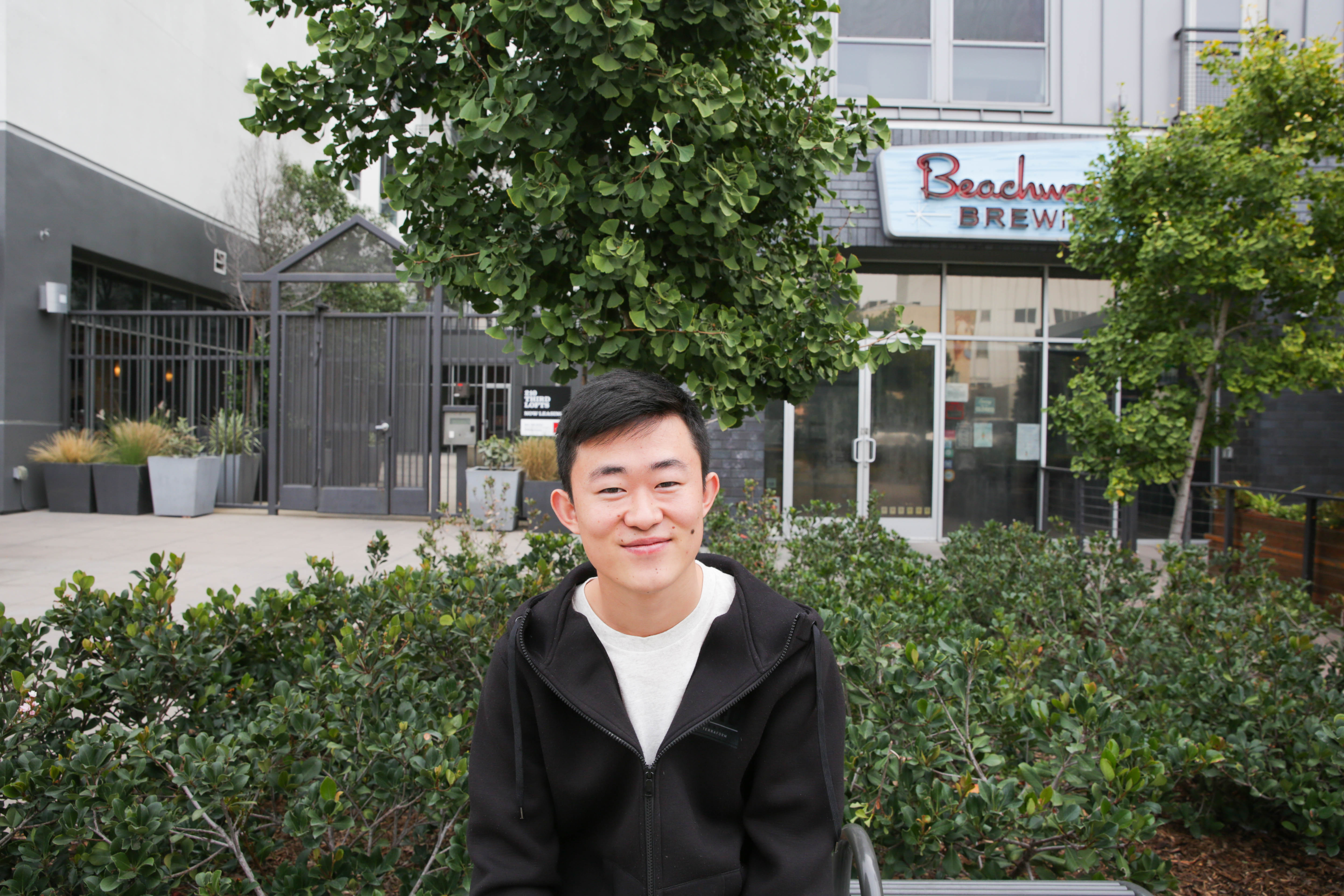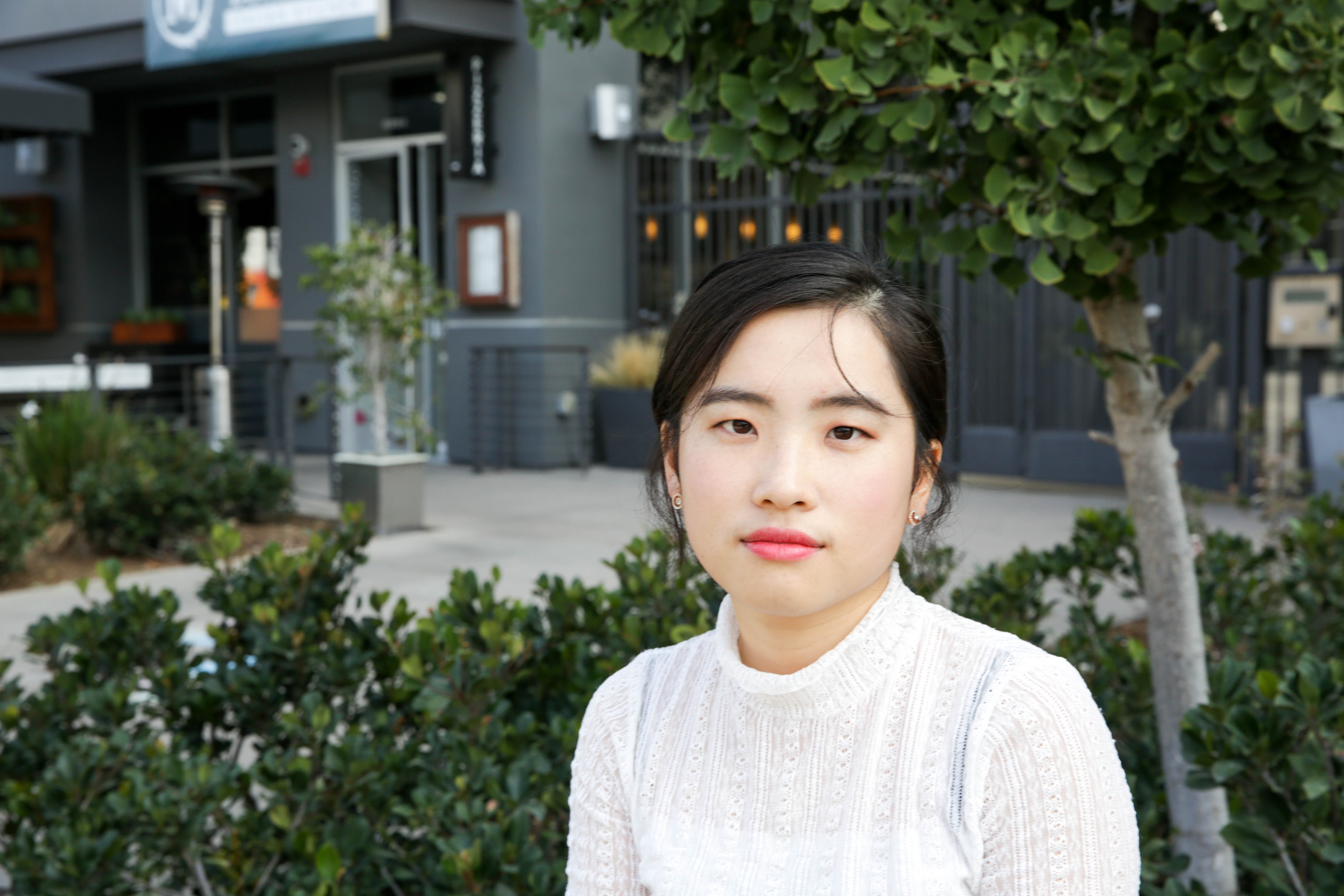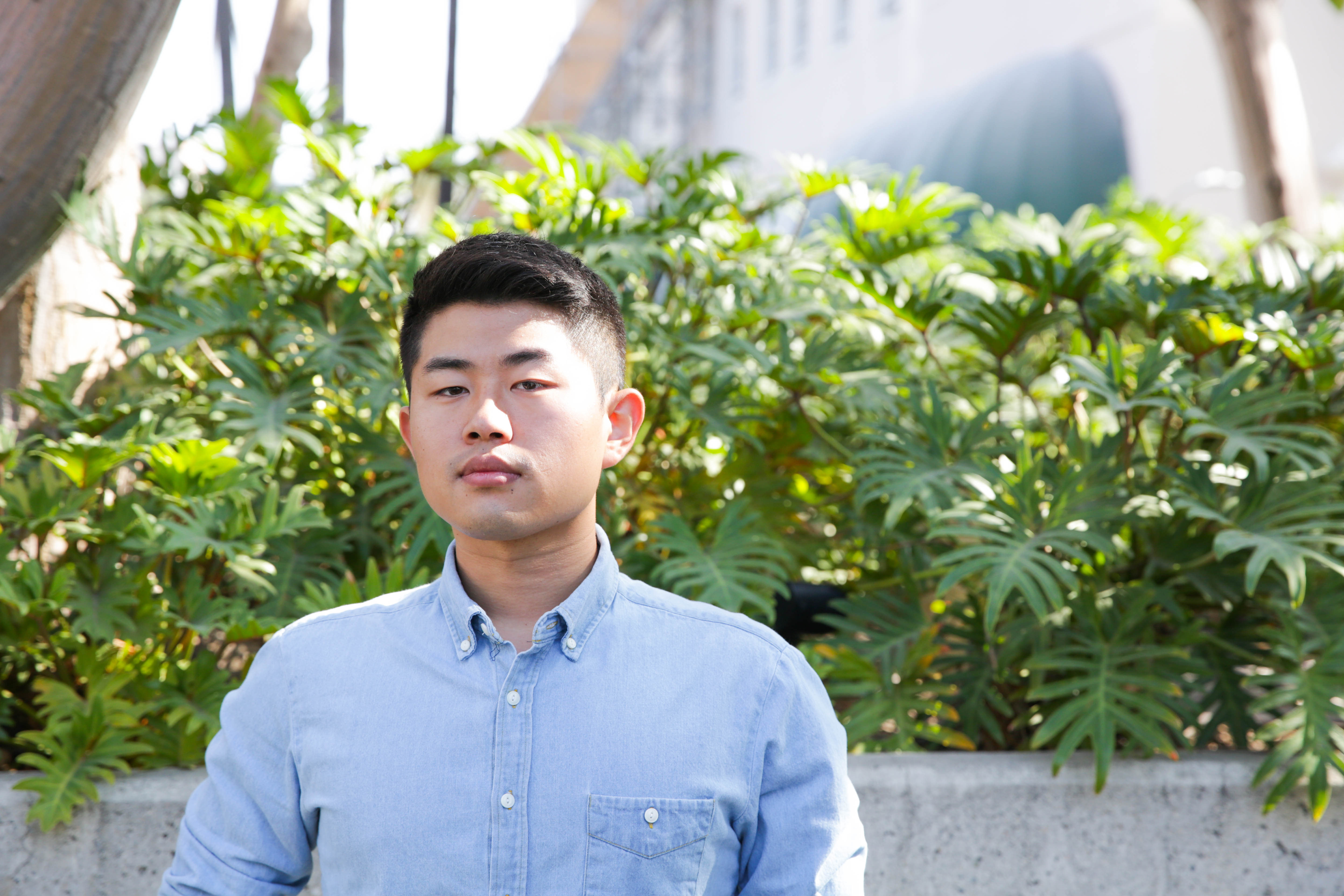Challenges of Freedom
Four North Korean defectors' experiences of resettling to South Korea.
It was the greatest country in the world. Sure, sometimes they saw people die from starvation and heard rumors of people disappearing into prison camps, but it was like that everywhere. At least that’s what they were told. But as foreign media started to spill into the country, they realized it wasn’t like that everywhere; they weren’t living in the greatest country in the world. A better life was out there and they knew they needed to leave to find it.
Every year, many North Koreans risk their lives to escape one of the world’s most oppressive regimes. They trek through jungles and over mountains, terrified of being caught and sent back. Once they finally reach freedom, they start over. New cultures, new opportunities, new challenges.
Here are four of their stories.

Ill Yong
Ill Yong opens Google Maps, trying to find a satellite image of his childhood house. This always makes him homesick. When he zooms in on his house, a blurry gray square surrounded by snow, he remembers the nearby waterfall and the summer days he spent playing there. But he also remembers how hard it was living in North Korea. His family listened to illegal South Korean radio every night but had to keep it hidden from friends and neighbors. If caught, they could have been sent to a political prison camp or even executed.
Ill Yong resettled to South Korea in 2009 and, even though his family was with him, starting over in a new country was challenging. The everyday moments took adjusting to. His first time at a buffet, Ill Yong was so overwhelmed by the massive amount of food that he just took a small bowl of rice. The first time he tried to use an escalator he was so confused about what to do that he jumped on at the bottom and then jumped off at the top. Ill Yong has now been in South Korea for nine years and is studying to become a Human Rights lawyer. A lot has changed since he first arrived (he now knows how to get on an escalator) but he still thinks about his old home in North Korea and hopes to see it again in person one day.

Noel
Noel came to South Korea in 2010 with a shy personality and a strong North Korean accent. She wanted to blend quietly into her new culture, but people constantly asked where she was from. School was also a struggle. In North Korea, she had dropped out after the first grade to stay home and help her mother. What she did learn at school was of little help in her new life. She was used to curriculum that focused on the Kim family. Determined to catch up, she began reading lots of books.
Noel is currently studying to become a writer and is no longer behind in school. Her new challenge is figuring out what to do with her freedom. Living in North Korea, she just followed the regime and did whatever she was told. It was the only option. Now, faced with endless choices, she knows that there is a responsibility that comes with freedom, and she wants to use it wisely.

Jessie
Jessie was overwhelmed. She was by herself in an unfamiliar country. So much was unknown: how to get around, where to study, how to make new friends, and even where to buy groceries. She wasn’t used to this new culture’s rules and norms. The first time she heard someone publicly criticize the South Korean president she was stunned. Freely expressing any negative thoughts about the regime was unheard of in North Korea.
Jessie now understands her new culture and loves her freedoms, especially being able to watch whatever dramas she wants without fear of punishment. South Korea has become her home, but she still longs for the day she can return to North Korea. Her parents have both passed away and she wants to go and pay her respects in person.

Geum Hyok
Geum Hyok stood by himself in an empty apartment wondering if he made a mistake. He had no friends and no family there to reassure him. Feeling lonely but determined to make a life for himself, he started classes at Korea University where he met people who were kind to him and checked on him regularly. Their friendship helped him not feel as lonely. Except for the couple times he was turned down for a job because they didn’t want to hire a North Korean, most people were welcoming to him. But what surprised him most was how many South Koreans didn’t know what was happening in North Korea. Geum Hyok didn’t blame them, he knew humans rights was complicated. But it was still disappointing.
Now, Geum Hyok is studying politics and diplomacy and enjoys having the freedom to do what he wants. He no longer questions his choice to escape but he does think about his loved ones still in North Korea. He especially misses his mother whom he hasn’t seen or spoken to in eight years. He is waiting for the day North Korea finally opens so they can be reunited.
A North Korean Father Risks Everything for Family | Doohyun’s Story
I lived in North Korea for over 20 years, and for much of that time, I believed my life was normal. I grew up in a big city by the river. When the wind blew, I could smell the water on the breeze, and on holidays, I played along the banks with my friends.
The river ran along the border between North Korea and China. I could see across the water into a different world–one where cars lined the streets, and buildings stretched high into the sky.
But I didn’t realize that life should be different, until the day they took my father away.
My father was a great businessman. He provided for our family despite being forcibly discharged from the military when his Minister of Defense was executed by Kim Il Sung. Labeled as a “traitor,” he was banned from decent jobs and opportunities.
Still, my father was a clever man and found success within the private market system that many North Koreans rely on to survive. Until one day, the police came to investigate him.

Without reason or warning, my father was arrested and imprisoned. They tortured him for a year. When he was released, my father weighed only 66 pounds.
Even after surviving the unimaginable, he was defiant. He wrote 20 pages of complaints to the Central Party about the human rights abuses he endured. My family was terrified of the consequences, but we couldn’t stop him. He fought for his voice to be heard.
On a warm Spring day, a Mercedes-Benz, license plate number 216, arrived at our home. February 16th was Kim Jong Il’s birthday, and cars with this number were only given to his closest aides. My father spoke with the man for hours about his letter. The man apologized and promised something like this wouldn’t happen again. This gave us a bit of hope for the future – for the possibility of change.

But the man left for Pyongyang. And then the police returned. I never saw my father again.
For two years, my family and I lived in unknowing agony, receiving no news on my father. Eventually, we heard from my father’s friend, who was a police officer, that he had passed away in prison.
At the very least, we wanted to send him off properly, so we asked that same friend how we could get my father’s body. Three days later, he returned. He told us they would not return my father’s body. My father had been sentenced to eight years in prison. He’d passed away after two. He still had six more years to serve – as a dead body. As a corpse.
For the first time I wondered whether this was the way normal people lived.

In 2009 I decided to escape from North Korea. Life had become near impossible for me after my father’s death, and I continued to face discrimination due to our family’s status in society.
By then, I had been married to my wife, Jiyeon, for two years. Most of our relationship before marriage was through the phone, because we lived far apart, and traveling in North Korea is difficult. So we called each other every night and talked for hours.
Now, I didn’t know if I was going somewhere she would never be able to reach. I told her it was a business trip. Two weeks. I’ll just be gone for two weeks.
She still cried at the train station, thinking about those two weeks. I couldn’t cry with her because then she would know the truth. So I boarded the train without a word, and watched it take me away from her.

From the moment I escaped North Korea, it felt like I was being chased by a grim reaper. There were multiple close-calls where I felt death breathing down my neck.
I was once hiding in a corn field near the Chinese border. Lying on my stomach, I watched soldiers patrol the area when suddenly, one of them walked towards me. It was too late to run or hide.
I had brought poison with me in case something like this happened - I knew it would be better to kill myself rather than be captured. But as I prepared to take the poison, I thought of my wife. I thought about how she would never know what happened to me.
In that moment of sheer terror, I heard the sound of water. The soldier stood right beside me but he hadn’t seen me. He had only walked over to relieve himself. For the next few minutes, I couldn’t move. The soldier had left, but my body held onto the terror of that moment. I remained hunched and hurried for the rest of the journey.

Eventually, I made it safely to South Korea. I started working as soon as possible – 12 hour days to pay back the broker fee, and save up money for my wife’s escape. My schedule was just working and sleeping, working and sleeping. It was hard, but for the first time in a long time, I had hope.
I was able to find a broker who put me in contact with my wife. It had been ten months since I’d defected at that point – ten months of her not knowing whether I was dead or alive. The call couldn’t be made in the city because the signal could be intercepted, so my wife and the broker hiked to the top of a mountain.
| When we heard each other’s voices again, all we could do was cry. But we didn’t have much time, and so I asked her, you’re coming, right?
She said she was.
On December 27th, 2011, Jiyeon crossed the river to escape North Korea on the same route that I took.

As soon as my wife arrived in South Korea, I went to meet her. I was so excited. I couldn’t stop crying. When my wife came into the room, she was crying too – but do you know what’s the first thing she did when she saw me?
She punched me – crying, calling me a liar. And I deserved it.
We live in Utah now with our two beautiful sons. We go fishing, camping, and enjoy the outdoors together. Every time I see them, I realize I’m living in a different world, one where we can finally dream and decide our own future.
This is the life I’ve made for my children. This is the life my father envisioned for me and for all North Koreans when he made his act of defiance. My father died fighting for his voice to be heard – and now, finally, he’ll be heard by the world.

Doohyun risked everything to create a future where his family could live together in freedom. Their story isn’t unique - there are many more North Koreans waiting and hoping for the day when they can reunite with loved ones. Help make freedom part of every North Korean’s story.
Give today
Since resettling in the United States, Doohyun has completed his undergraduate studies and now works for a North Korean human rights organization. He considers helping the North Korean people to be his life’s mission, continuing his father’s legacy.




